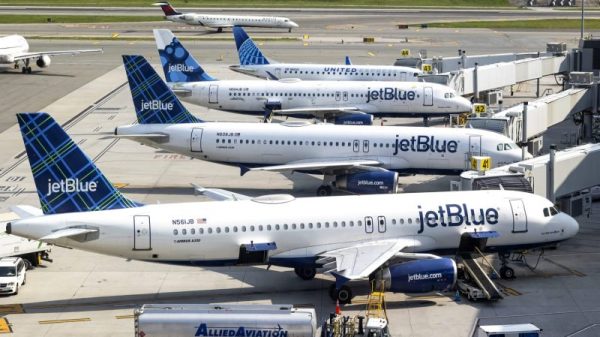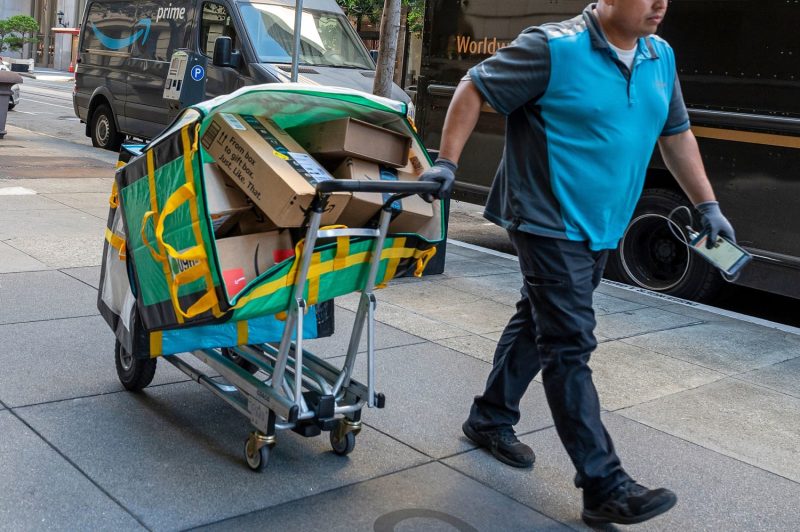In a surprising turn of events, the District of Columbia’s Attorney General (AG) Karl A. Racine recently filed a lawsuit against tech giant Amazon, accusing the company of discriminating against residents in predominantly Black neighborhoods by excluding them from its Prime delivery service. The lawsuit claims that Amazon’s policies regarding delivery services have resulted in a lack of access to the same benefits and conveniences enjoyed by residents in predominantly white neighborhoods.
One of the key points brought up in the lawsuit is the alleged practice of Amazon’s same-day and next-day delivery services being significantly less available in areas with higher Black and Latino populations. According to the AG’s office, this lack of service in certain neighborhoods perpetuates a systemic racial inequality where Black and Latino communities are left behind in terms of access to essential goods and services.
Amazon’s Prime delivery service is known for its efficiency and convenience, offering subscribers the ability to receive their orders within the same day or the next day in many locations. However, the lawsuit alleges that Amazon’s algorithms purposely avoid or deprioritize neighborhoods with higher Black and Latino populations when determining where to offer these expedited delivery services.
Furthermore, the lawsuit argues that Amazon’s delivery policies violate the District’s consumer protection laws by engaging in discriminatory practices that harm certain communities based on race and income. This legal action sends a strong message that companies operating in the retail and e-commerce space must adhere to fair business practices and ensure equal access to their services for all consumers.
In response to the lawsuit, Amazon has stated that they are committed to providing reliable delivery services to all customers, irrespective of their location or demographic background. The company emphasized its efforts to continually expand its delivery network and improve service availability across different regions.
The outcome of this legal battle between Amazon and the D.C. AG’s office could set a significant precedent in the realm of e-commerce and delivery services. It raises important questions about the responsibility of tech companies to ensure equitable access to their services, particularly in underserved communities.
As the case unfolds, it underscores the importance of addressing systemic inequalities and biases that may exist within the technology and retail sectors. By holding companies like Amazon accountable for their delivery practices, regulators aim to create a more inclusive and fair marketplace where all consumers can benefit from the convenience and efficiency of modern e-commerce services.






















